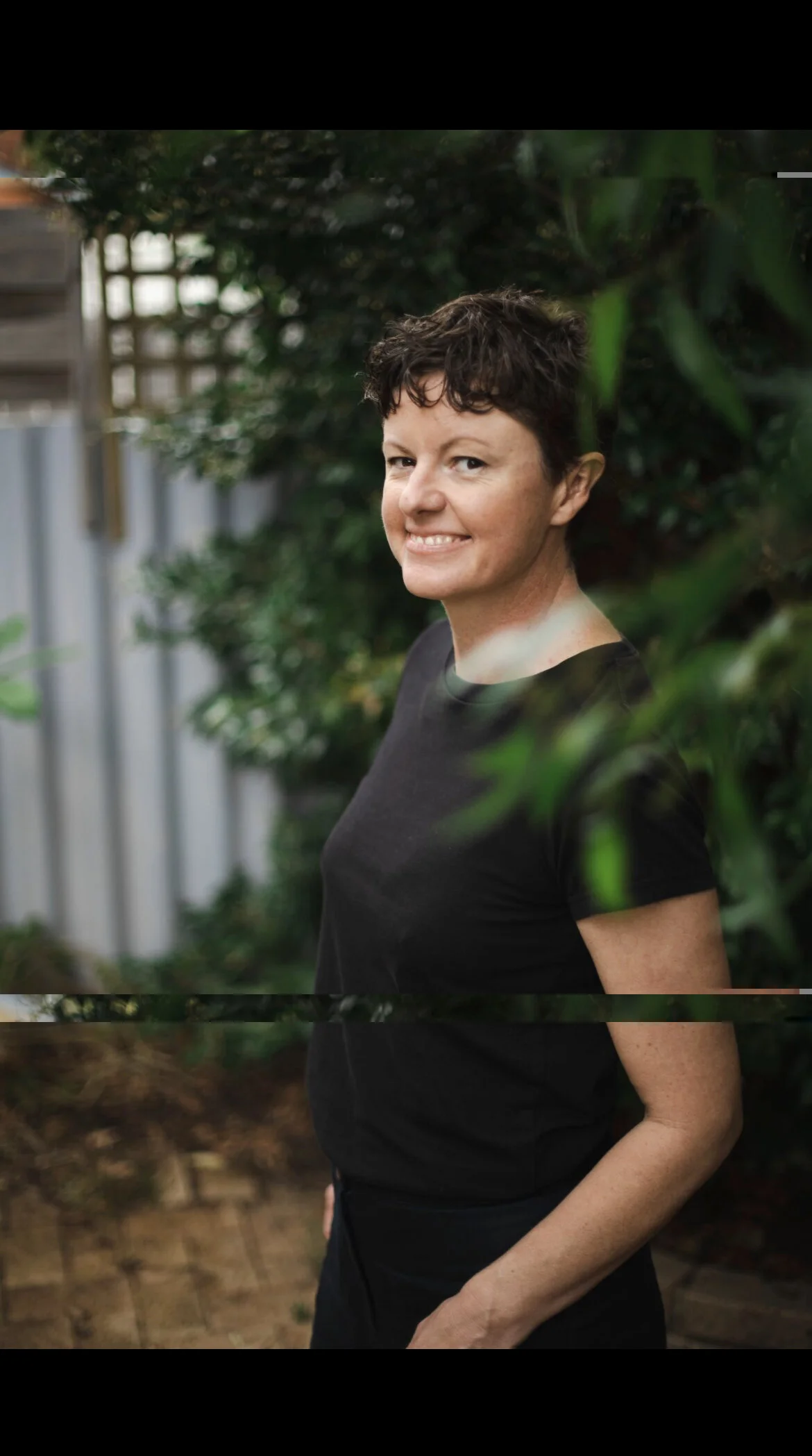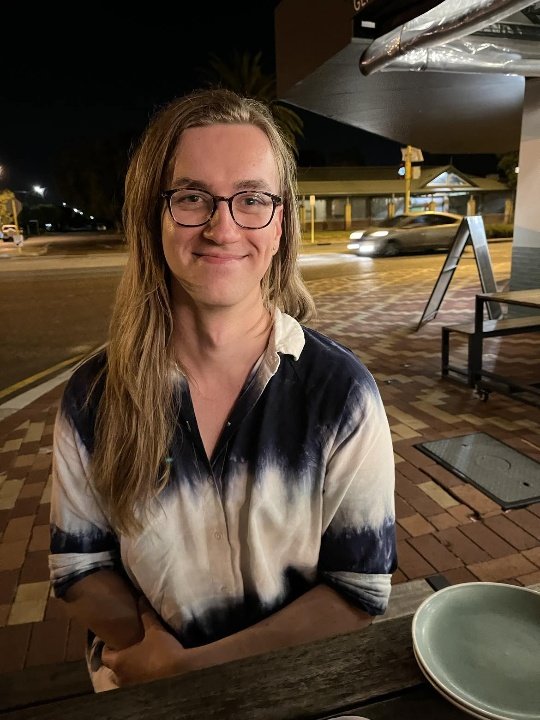Counselling Focus Area
Decolonising Mental Health Practice
Why work to decolonise mental health?
The Flawed History of Western Mental Health
The history of Western mental health is deeply flawed, shaped predominantly by patriarchal, white, cisgender, heterosexual men. This biased foundation has created a system that has often stigmatized and excluded anyone who does not fit this narrow mold. Historically, mental health practices were developed without considering the diverse experiences and needs of women, people of color, LGBTQ+ individuals, and other marginalized groups. As a result, many individuals were either misunderstood, misdiagnosed, or entirely overlooked. This exclusion has perpetuated a cycle of stigma and discrimination, making it difficult for those outside the dominant group to seek and receive appropriate mental health care.
The Need to Decolonize Mental Health Practice
Decolonising mental health practice is essential to ensure that it becomes truly inclusive and accessible to everyone. This process involves dismantling the existing frameworks that have been shaped by colonial and patriarchal ideologies and replacing them with approaches that honor and integrate diverse cultural perspectives and experiences. By decolonising mental health, we can create a system that is more empathetic, equitable, and effective in addressing the unique needs of all individuals. This transformation is not only necessary for providing better care but also for healing the historical and ongoing traumas inflicted upon marginalised communities by the existing mental health system.
Our Commitment to Change
As a practice owned and operated by individuals who may come from privileged backgrounds, we acknowledge the challenges inherent in this decolonisation process. We understand that our position necessitates a commitment to continuous learning and genuine change. We are dedicated to listening to and amplifying the voices of those who have been historically excluded and working collaboratively to implement practices that are radically different. These practices will undoubtedly see us lose parts of our privilege; something we’re committed to doing.
Our commitment to decolonisation is not just about policy changes but involves a deep, ongoing effort to challenge our own biases and to transform our practice in ways that make it more accessible and affirming for everyone.
Learn more about decolonising mental health practice through our articles.
Mutual aid
Mutual aid plays a crucial role in decolonising mental health by fostering a sense of community and collective responsibility, which contrasts sharply with the individualistic focus of many Western mental health models. Rooted in principles of solidarity and reciprocity, mutual aid involves communities coming together to support each other's mental health and well-being. This approach aligns closely with many Indigenous and non-Western cultural practices that emphasize communal care and interconnectedness.
By prioritising mutual aid, mental health care can move away from hierarchical structures that often place the therapist as the sole authority figure. Instead, it promotes egalitarian relationships where community members share knowledge, resources, and support. For example, peer support groups, where individuals with similar experiences provide mutual assistance, can be highly effective. These groups not only offer emotional support but also empower participants by validating their experiences and promoting a sense of agency. This collective approach helps dismantle the power dynamics and systemic barriers inherent in traditional mental health systems, making care more accessible and culturally relevant.
Moreover, mutual aid initiatives can address the social determinants of mental health, such as poverty, housing instability, and discrimination, which disproportionately affect marginalised communities. By collectively addressing these issues, communities can create environments that support mental well-being and resilience. This holistic and inclusive approach is essential for decolonising mental health care and ensuring that it serves the needs of all individuals, particularly those from historically marginalised groups.
PTC supports towards the following mutual aid:
Decolonise Sex Work Australia
IG: instagram.com/decolonisesexworkau
IG Bio: Community Organization
✨ Blak S3x Work Collective ✨
Decolonise & Destigmatize Indigenous s3x Work in so called Australia
Mutual Aid, Free Supplies and more!
#NoShameJobHere
Mutual Aid So Called Oz
IG: instagram.com/mutualaidsocalledoz
IG Bio: Mutual Aid account for MA in so called "oz"
Intersectional & on Indigenous land❤️
Inbox 4 shares or aid❤️
Linktree 4 support resources & fund links❤️
Gaza Mutual Aid Collective
IG: instagram.com/gazamutualaid
IG Bio: Gaza Mutual Aid Collective
Backup: @gazamutualaid.2
Funds posted on other pages are not affiliated with GMAC unless shared on our social media.
Sisters Inside Inc
IG: instagram.com/sisters_inside_inc
IG Bio: Abolition Feminism Now
#FreeHer

Boycott, Divestment, Sanctions (BDS) movement
Boycott Israel
Pay the Rent & Mutual Aid
The Pay the Rent movement calls for non-Indigenous individuals and businesses to regularly contribute financially to Indigenous organisations as part of reparations and restorative justice. This movement aims to provide tangible support to Indigenous communities, addressing historical and ongoing injustices while fostering a sense of accountability and solidarity.
At Progressive Therapeutic Collective (PTC), we've been paying the rent since our inception four years ago.
Each year, we allocate 1% of our annual profit to The Westerman Jilya Institute for Indigenous Mental Health and another 1% to Decolonise Sex Work Australia, a Blak mutual aid fund for sex workers. As a white-owned business, we believe it’s crucial to acknowledge and address systemic injustices against Indigenous communities. Our commitment to mutual aid is about taking concrete actions to bring aboug meaningful and genuine social change.










